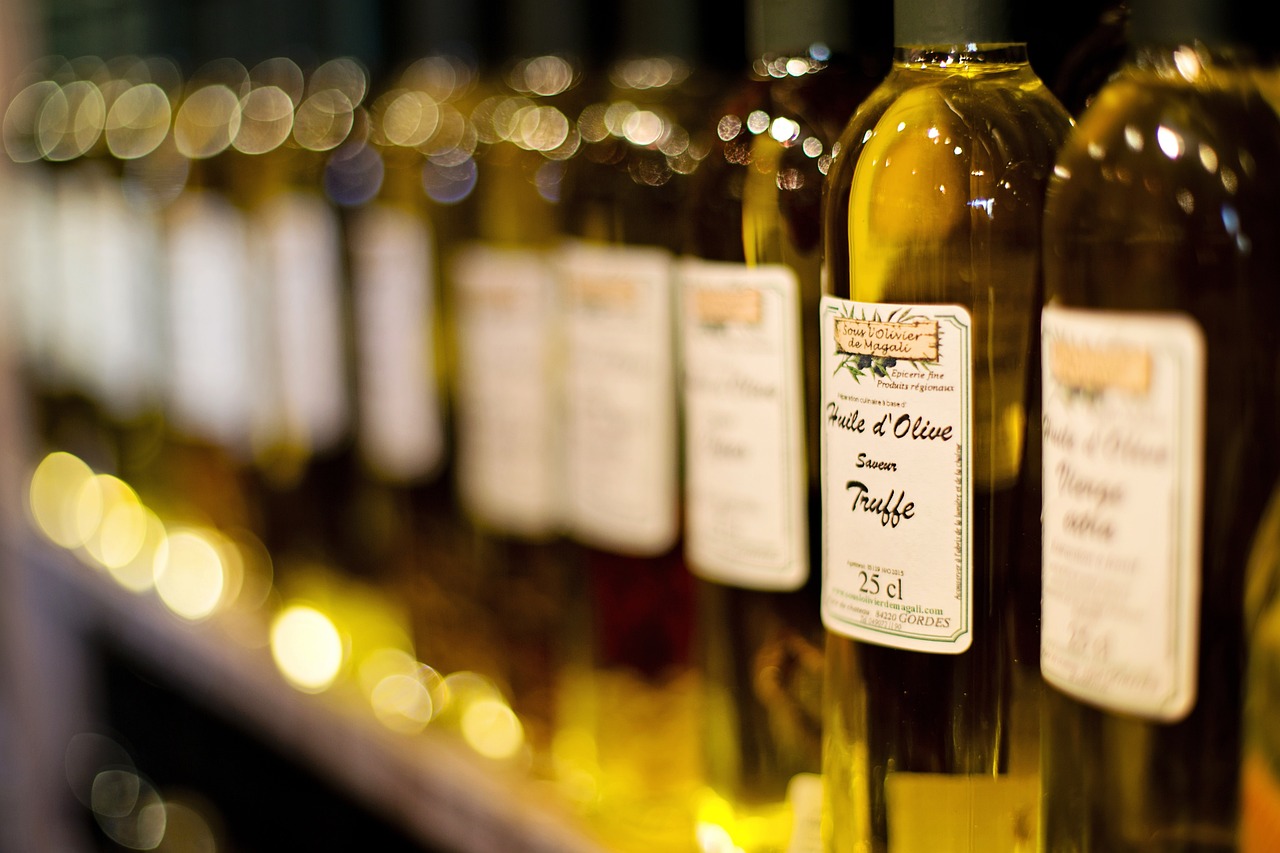Cases of olive oil fraud and mislabelling in Europe have seen a sharp increase as prices continue to skyrocket.
Data released to UK-based The Guardian, under Freedom of Information Laws, indicates that while the cost of olive oil has more than doubled since 2018, the number of “cross-border EU notifications,” including mislabelling, potential fraud, and safety cases involving contaminated oils has also spiked.
In recent years, olive oil production has taken a toll because of global warming. Figures from the International Olive Oil Council show that global production levels are expected to fall to 2.4 million tonnes between 2023-2024, a decrease of 27 per cent from 2018-2019 levels.
During 2018’s first quarter, only 15 cases of fraud and mislabelling were recorded by the EU, a figure which rose to 50 in the first three months of 2024.
Overall, out of the 182 cases of olive oil fraud and non-compliance notifications sent to the EU since the beginning of 2023, 54 related to products from Italy, 41 from Spain and 39 from Greece, countries known for their olive oil production.
Despite the notable increase in cases, these figures only reflect cases that have been detected and reported by member states to the EU directorate general for health. Therefore, the scale of fraud is expected to be much higher than reported.
Reports of olive oil fraud include oils contaminated with unauthorised substances including pesticides and mineral oils. One case also had glass fragments.
Some olive oil was found to be mixed with cheaper quality oils, while in other instances virgin olive oil was labelled as extra virgin, which is more refined in quality with lower acidity, among other cases of mislabelling.
Last February, Germany reported a case from Israel of “lampante oil”, which was being marketed as extra virgin olive oil. This quality is not suitable for human consumption if it does not have further refinement.
It had also reported a case of misleading mislabelling of olive oil from Syria via the Netherlands in March.
A spokesperson for the European Commission told The Guardian that the higher number of notifications did not indicate an exacerbated risk for consumers.
The spokesperson attributed the higher reported number of notifications to “proof of better exchanges of member states’ competent authorities and their vigilance towards fraud in the agrifood chain.”
Chris Elliot, a food safety professor at Queen’s University Belfast noted that while ingesting contaminated olive oil could be serious, most would not be found in popular supermarkets.
“Most people who cheat are likely to do it in areas where there isn’t any monitoring or surveillance. Small businesses or food services are more vulnerable to fraud,” he added.
Two years since its birth, Moneybase features on Microsoft’s Customer Stories
Moneybase has now just been featured on Microsoft’s latest Customer Stories
Finance Minister confirms continuity of food and energy subsidies
Spending on food and energy subsidies as a percentage of the GDP will be at 0.7% in 2025
MHRA congratulates Glenn Micallef on EU role, highlights positive impact on Malta’s tourism and cultural sectors
The lobby group emphasised that Malta’s cultural assets and sports scene are key factors in attracting visitors and fostering economic ...






